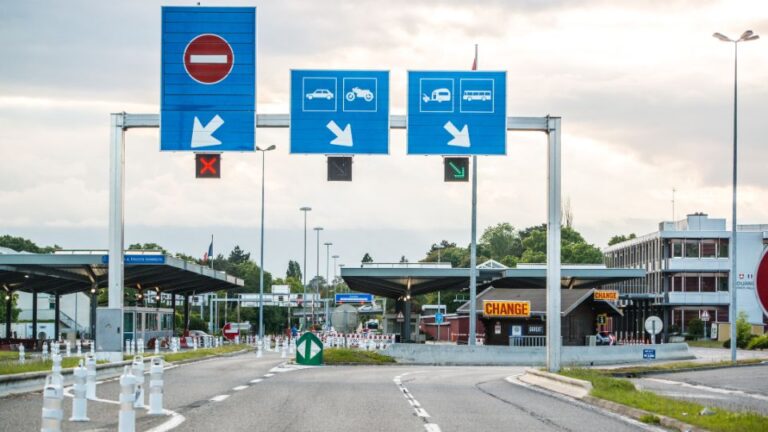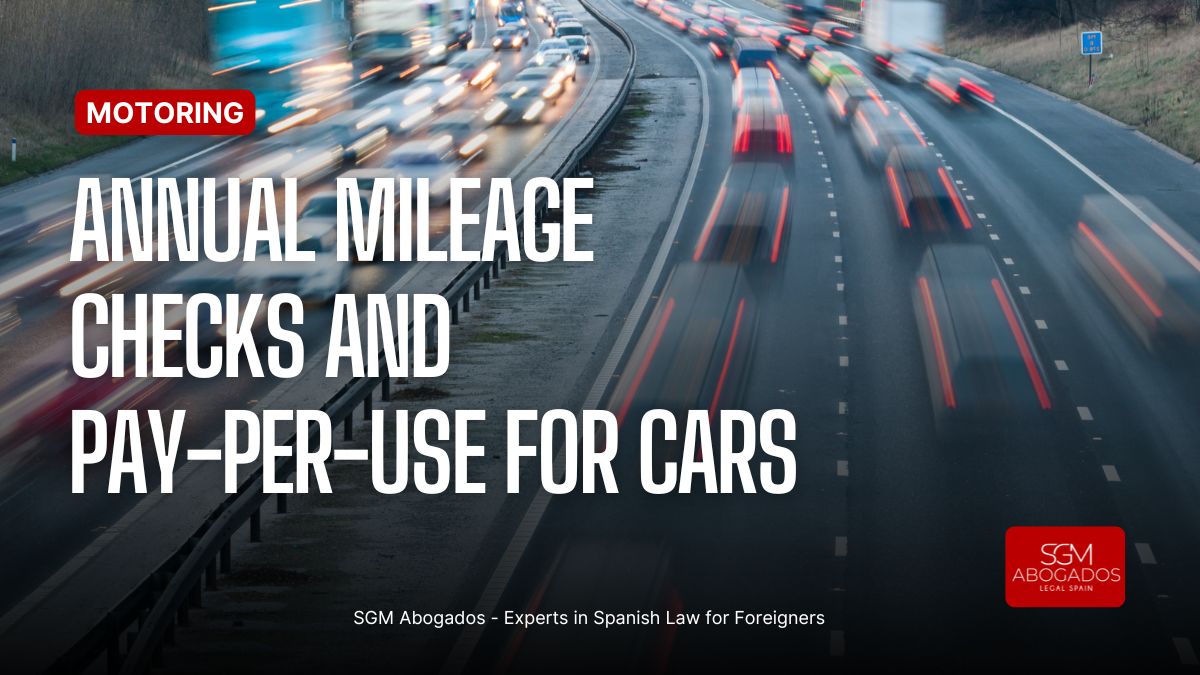Implications of France’s New Border Checks!
Implications of France's New Schengen Border Checks for Neighboring Countries
France has announced its decision to reintroduce border checks within the Schengen zone starting November 1st, which will continue until April 1st, 2025. This significant move affects travelers from Spain, Switzerland, Italy, Germany, Luxembourg, and Belgium, potentially altering the ease of cross-border movement that Schengen area residents have enjoyed since 1995.
Under the new policy, anyone entering France from a non-Schengen country like the UK or USA will continue to undergo the usual passport and customs checks. For Schengen area travelers, most notably those from the six countries listed, the reintroduction of border checks marks a shift from the norm where internal borders have typically been open, allowing for free movement without the need for passport or ID verification.
The rationale behind this decision echoes concerns similar to those Germany cited in September when it reintroduced border checks: heightened threats of terrorism, the growing presence of criminal networks involved in irregular migration and trafficking, and the risk of these migratory flows being infiltrated by radicalized individuals. This move has raised discussions on the balance between security and the freedom of movement within the Schengen zone.
Travelers making land crossings from the affected countries should anticipate longer waiting times due to increased vehicle checks, particularly for those commuting to work across borders, known as frontaliers. For air and sea travelers, delays are expected to be less significant.
Despite these changes, the legal requirements for crossing Schengen borders remain unchanged; EU citizens will need an ID card or a passport, and non-EU citizens must carry a passport. Notably, documents like driving licenses will not be accepted as valid travel documents.
This reintroduction of border checks is temporary and does not affect the upcoming Entry Exit System (EES), which is set to implement biometric checks at the EU/Schengen’s external borders starting in early 2025.
As this situation evolves, it remains vital for all travelers to stay informed about the necessary documents and to plan for additional travel time if crossing into France from the specified neighboring countries.
For more detailed information on how these changes might affect your specific travel plans, please consult the official travel advisories HERE












